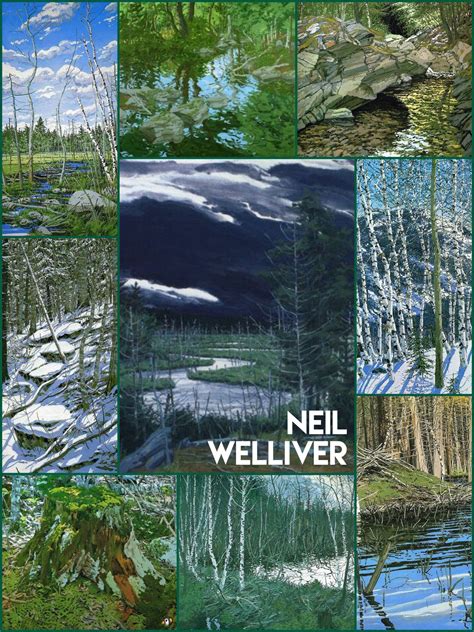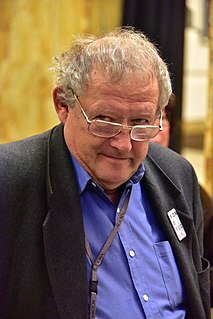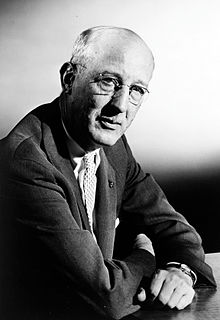A Quote by Lyndon B. Johnson
This is not a jungle war, but a struggle for freedom on every front of human activity.
Quote Topics
Related Quotes
The study of letters is the study of the operation of human force, of human freedom and activity; the study of nature is the study of the operation of non-human forces, of human limitation and passivity. The contemplation of human force and activity tends naturally to heighten our own force and activity; the contemplation of human limits and passivity tends rather to check it. Therefore the men who have had the humanistic training have played, and yet play, so prominent a part in human affairs, in spite of their prodigious ignorance of the universe.
Freedom is one of the deepest and noblest aspirations of the human spirit. People, worldwide, hunger for the right of self-determination, for those inalienable rights that make for human dignity and progress. America must remain freedom's staunchest friend, for freedom is our best ally and it is the world's only hope to conquer poverty and preserve peace. Every blow we inflict against poverty will be a blow against its dark allies of oppression and war. Every victory for human freedom will be a victory for world peace.
The major western democracies are moving towards corporatism. Democracy has become a business plan, with a bottom line for every human activity, every dream, every decency, every hope. The main parliamentary parties are now devoted to the same economic policies - socialism for the rich, capitalism for the poor - and the same foreign policy of servility to endless war. This is not democracy. It is to politics what McDonalds is to food.
The only freedom that is of enduring importance is the freedom of intelligence, that is to say, freedom of observation and of judgment, exercised in behalf of purposes that are intrinsically worth while. The commonest mistake made about freedom is, I think, to identify it with freedom of movement, or, with the external or physical side of activity.
































